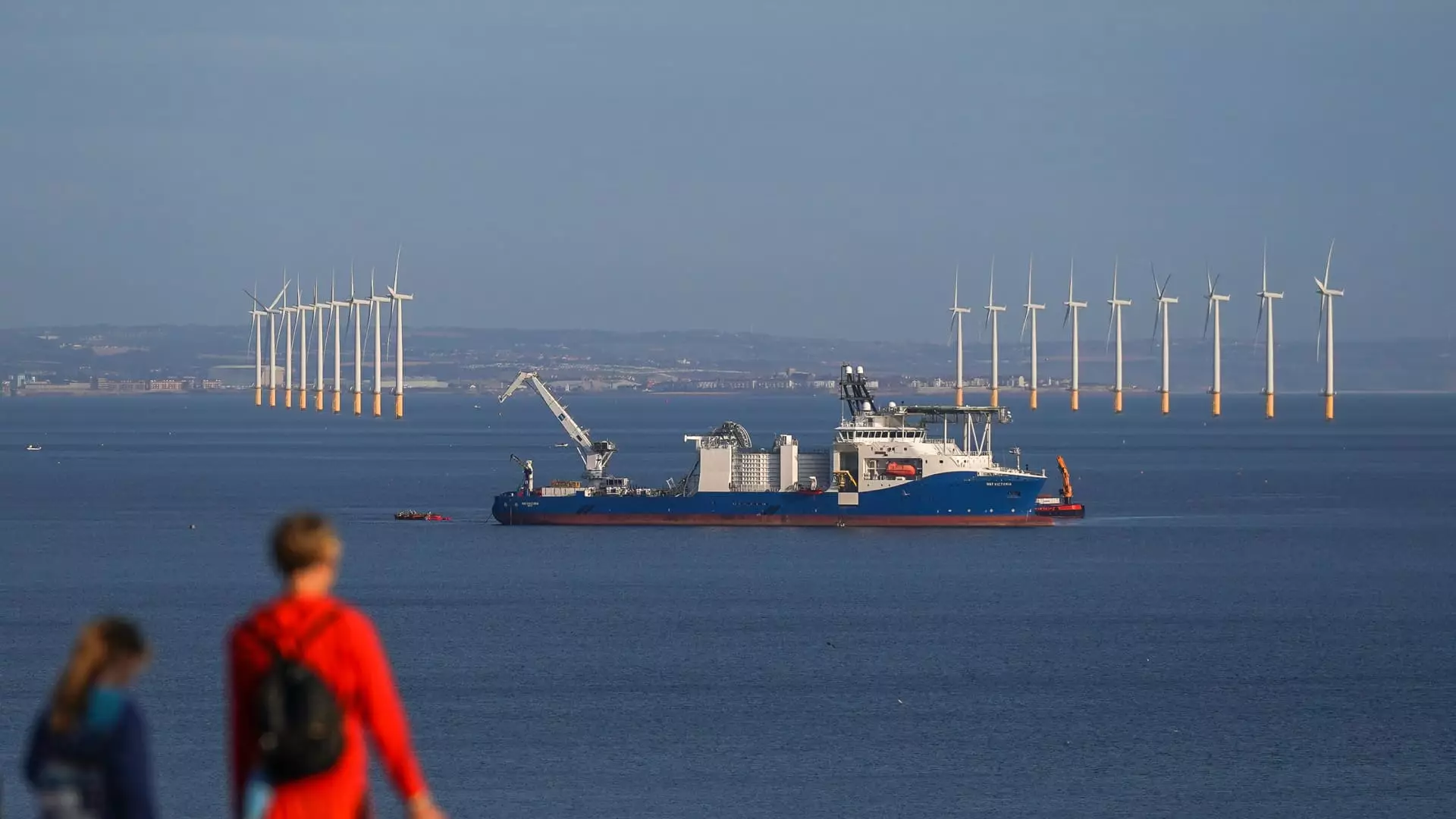The discourse surrounding energy production in the North Sea has intensified, particularly in light of recent statements made by U.S. President-elect Donald Trump. Trump’s critique of Britain’s Labour government centers on their controversial energy tax policy, specifically the windfall tax on oil and gas producers. His remarks underscore a significant clash between traditional fossil fuel interests and the push for greener energy solutions.
At the heart of Trump’s comments is the decision by Texas-based APA Corporation’s subsidiary, Apache, to cease operations in the North Sea by 2029. The company attributes this move to the unfeasibility of continued production in light of the U.K.’s Energy Profits Levy (EPL), initially framed as a measure to enhance public finances at a time of soaring energy prices. The decision to raise the windfall tax from 35% to 38% and extend the tax’s duration until March 2030 has raised eyebrows across the Atlantic, as critics argue that it could push energy firms to retreat from the region. Trump’s outcry emphasizes a broader worry: that such policies hinder investment and potentially compromise energy independence.
Interestingly, the Labour Party’s rationale for the windfall tax hinges on redirecting funds to combat climate change and enhance the nation’s energy security by weaning off fossil fuels. This approach aligns with a growing trend among European nations, where offshore wind energy is viewed as a cornerstone of future energy production. Indeed, the North Sea is lauded for being a prime location for wind farms anticipated to be crucial in achieving net-zero emissions targets. Yet, the sector is not without challenges; rising production costs, disrupted supply chains, and soaring interest rates threaten to maim the potential of this budding industry.
As the political rhetoric intensifies, industry stakeholders such as Shell and BP remain conspicuously silent on Trump’s comments while weighing their own strategies in the North Sea. Their hesitance to respond suggests an uneasy acknowledgment of the complexities of energy geopolitics and economics that extend beyond national policies. Simply put, energy giants are caught in a conundrum; the need to adapt to a green future clashing with the imperatives of maintaining profitability in existing fossil fuel operations.
The lines drawn in the North Sea debate reflect a larger global transitional energy narrative, where the tension between old and new systems is palpable. Moving forward, it remains crucial for both policymakers and industry leaders to strike a balanced approach—one that fosters investment in renewable energy while also ensuring the viability of transitional fossil fuel operations. Amidst the clamor, the North Sea stands at a crossroads, symbolizing the grappling of nations with the future of energy against the backdrop of immediate economic interests. As the situation unfolds, it will be vital for both sides to listen and adapt to secure a sustainable energy landscape for the generations to come.


Leave a Reply